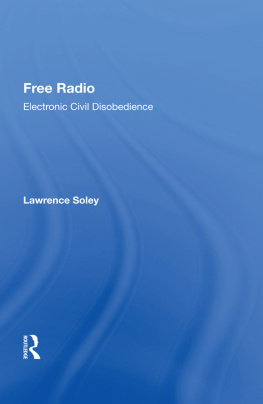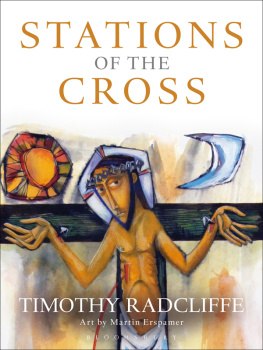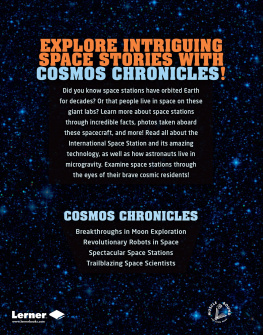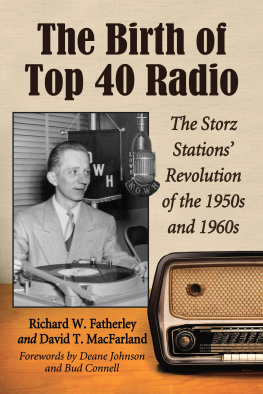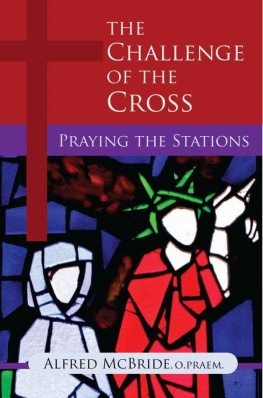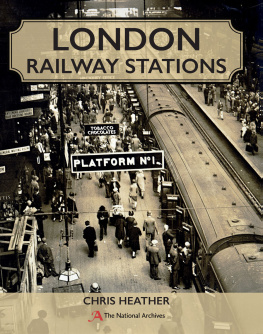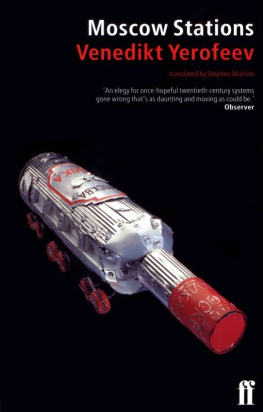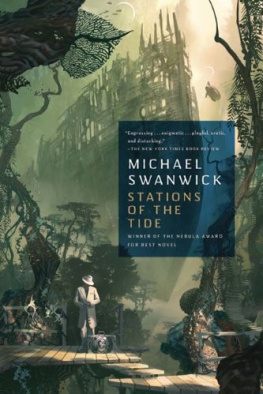Free Radio
Critical Studies in Communication and in the Cultural Industries
Herbert I. Schiller, Series Editor
Free Radio: Electronic Civil Disobedience, Lawrence Soley
Celluloid Mushroom Clouds: Hollywood and the Atomic Bomb, Joyce Evans
Good News, Bad News: Journalism Ethics and the Public Interest, Jeremy Iggers
Copyrighting Culture: The Political Economy of Intellectual Property, Ronald V. Bettig
Invisible Crises: What Conglomerate Control of the Media Means for America and the World, edited by George Gerbner, Hamid Mowlana, and Herbert I. Schiller
Monopoly Television: MTVs Quest to Control the Music, Jack Banks
The FAIR reader: An Extra! Review of Press and Politics in the90s, edited by Jim Naureckas and Janine Jackson
Consumer Culture and TV Programming, Robin Andersen
Marketing Madness: A Survival Guide for a Consumer Society, Michael R Jacobson and Laurie Ann Mazur
First published 1999 by Westview Press
Published 2018 by Routledge
52 Vanderbilt Avenue, New York, NY 10017
2 Park Square, Milton Park, Abingdon, Oxon OX14 4RN
Routledge is an imprint of the Taylor & Francis Group, an informa business
Copyright 1999 by Taylor & Francis
All rights reserved. No part of this book may be reprinted or reproduced or utilised in any form or by any electronic, mechanical, or other means, now known or hereafter invented, including photocopying and recording, or in any information storage or retrieval system, without p ermission in writing fromthe publishers.
Notice:
Product or corporate names may be trademarks or registered trademarks, and are used only for identification and explanation without intent to infringe.
Library of Congress Cataloging-in-Publication Data
Soley, Lawrence C.
Free radio: electronic civil disobedience / Lawrence Soley.
p. cm. (Critical studies in communication and in the
cultural industries)
Includes bibliographical references and index.
ISBN 0-8133-9064-8
1. Pirate radio broadcstingUnited States. 2. Radio
broadcasting policyUnited States. I. Title. II. Series.
HE8697.65.U6S65 1999
384.54dc21
98-29489
CIP
ISBN 13: 978-0-367-01437-7 (hbk)
In 1993, I attended a meeting at the home of Jesse Drew, one of the producer-directors active with Paper Tiger Television. His guest that evening was Japanese engineer and activist, Tetsuo Kogawa. Mr. Kogawa was an outspoken advocate of microradio as a two-way system of communication. He felt that a microradio station should be no more powerful than was necessary to reach people within bicycle range of the transmitter. In that way, he explained, you can be assured of community participation in whatever is being broadcast over the air. If people feel that they are not interested in what is being broadcast, they dont have to participate in the dialogue. But if they do have an opinion, they can bicycle over to the station and express it in a timely way.
While he was giving his talk about the social and political uses of microradio technology, he was simultaneously soldering and scotch-taping a series of Radio Shack parts, worth about fifteen dollars, to a paper plate. Within fifteen minutes, he had completed his soldering and announced that he had finished building his transmitter. He asked if someone had a little handheld tape recorder and a cable TV antenna. He also requested that somebody turn on the FM radio so that he could adjust the frequency. Within three more minutes, he announced that we were on the air.
His stunned audience sat in silence. The room was filled with media activistsnot a notoriously silent group of individuals. As I look back at it, I would have thought that we would all have jumped at the chance to wax eloquent about some subject dear to our hearts. Instead, we sat there speechless. When confronted with the actual power and ability to communicate with our neighbors in San Franciscos Mission District, we were immobilized.
Within seconds, Jesses teenage daughter quietly picked up the tape recorder and began talking to her neighbors about what was happening in the community. She started out with the statement: Yo, Mission District, this is Free Radio San Francisco, talking to you live. Her words were eloquent and unfiltered. The adults stared at each other amused and astonished by the contradiction. We adults were trying to figure out how to sound like some left-wing equivalent to Walter Cronkite, and were, of course, silenced at the prospect. This teenager was the only person in the room who was so unintimidated by the new medium as to be able to talk spontaneously over the air.
Some of us got in our cars to drive around the area and see how far the transmissions went. Upon returning to the house, we estimated that the broadcasts covered the area of about one precinct. Not bad for a city about to have an election in two weeks.
For weeks after that meeting, I had discussions with others who had been there as to why none of us felt comfortable picking up the microphone and talking about the issues that were important to us. It surely wasnt because we didnt have anything to say. What we realized was that we had become conditioned to listen passively to what was broadcast over the airwaves, and only when permitted or invited to speak over an approved station were we able to prepare ourselves for such an event. Given that the airwaves were owned lock, stock, and barrel by commercial corporations, the likelihood that any of us would have thought through what we would say if the airwaves were ours was nonexistent.
It was only one year later that I took on the representation of Stephen Dunifer, aka Free Radio Berkeley, in what has already become a five-year battle with the Federal Communications Commission (FCC) over the question of who owns the airwaves. But let me digress to the way in which I got involved in the radio movement in the first place.
In 1991, I started working with a long-time friend, and political activist, Peter Franck. Peter and I had worked together in the National Lawyers Guild (NLG), a progressive bar association, for over twenty-five years. The preamble to the NLGs constitution identifies it as an organization founded upon the principle that human rights shall be more sacred than property interests, not an altogether popular belief in this day of free-market capitalism. Peter had formed a guild committee called the Committee on Democratic Communications (CDC). It was formed in response to a series of international gatherings, the MacBride Roundtables. These Roundtables focused on the problem facing the poor nations of the world that had to receive news and reporting about their local situations from New York, Tokyo, or London, instead of from their own national capitals.
The realization that entire nations had to depend upon receiving their news from the Western capitals was an appalling one. This north/south division (then described as Third World versus First World) arose as a result of the consolidation of media resources in a few international corporations that totally dominated the communications industry. Without access to the resources of these corporations, it was impossible for other nations to produce and create the sort of high-quality programming and news gathering that was found in the wealthy capitals of America, Europe, and Japan. The result was foreseeable. Western values and ideas dominated the medias of nations that had no equivalent outlets for their own broadcasts.

